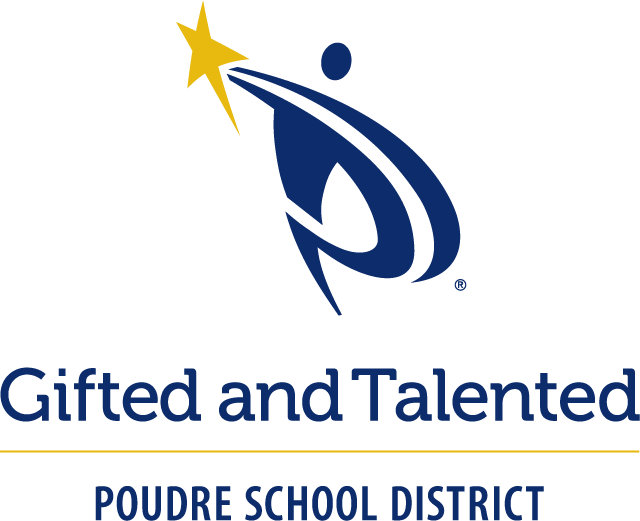 Frequently Asked Questions about Gifted Identification and Gifted Programs
Frequently Asked Questions about Gifted Identification and Gifted Programs
Why would I want to have my student identified as gifted?
The purpose for identification is to provide opportunities for support and programming that are a bit different from the standard curriculum to better meet the unique needs of gifted students. All identified GT students will be on an Advanced Learning Plan. Students whose academic and affective needs are being met by the standard curriculum are not likely candidates for GT identification.
What is the distinction between GT identification and qualifications for advanced classes?
Advanced classes require evidence of high achievement and potential. Gifted identification looks at scores in the area of achievement, aptitude and behaviors in the 95th percentile. While sometimes these scores overlap, an advanced class might have different criteria than gifted identification. Because advanced classes have a faster pace and require a student to go deeper into the content, certain skills and characteristics (such as work habits, attendance, past performance, and motivation) are considered before enrollment in an advanced course. These courses can be of great benefit to a gifted learner as they allow them to work at a faster pace in an environment with other motivated students.
Are there services available for affective needs of gifted students?
Some schools do offer GT Discussion Groups for gifted learners that focus on topics such as perfectionism, confidence, motivation, self-esteem, stress, self-expectations, underachievement, and social relationships. Books such as When Gifted Kids Don't have All the Answers by James R. Delisle and The Gifted Kids? Survival Guide by Judy Galbraith are great books that address the social and emotional needs of gifted learners.
What role does outside testing (e.g. IQ) play in the identification process?
Poudre School District uses a body of evidence to support GT identification. If your child has had previous testing done, scores will need to be submitted to the GT Site Coordinator. The GT Site Coordinator will then determine which areas of the body of evidence (achievement, aptitude, demonstrated behaviors, or performance) are addressed through previous scores. The gifted site coordinator will work with an identification specialist to determine which areas of the body of evidence are addressed through previous scores.
Is there a test for giftedness?
There is no single test for giftedness. A "body of evidence" is used to determine a child's potential. In this manner, no single test is the gatekeeper for gifted identification.
What happens once a student is identified as gifted?
Once a student is identified, an Advanced Learning Plan will be written and implemented. The Advanced Learning Plan will initiate collaboration between the parents, students, and teachers regarding educational opportunities for your student.
Are students in the GT program for all the years they attend PSD schools?
Once identified gifted, students will have an Advanced Learning Plan for the remainder of their PSD education unless you wish to opt out. Gifted identification, however, does not guarantee specific GT services. Services and programs are matched to strength areas of the student, and each site will determine which services best meet the needs of the school's gifted population. An Advanced Learning Plan will document agreements between parents, teachers, and students regarding GT services available.
What GT opportunities are there for English Language Learners?
English Language Learners have specific needs in terms of curriculum, instruction and assessment. Teachers receive professional development on ways to differentiate instruction for students learning English. Teachers look at growth and behaviors as well as achievement and aptitude scores when considering students for gifted services.



